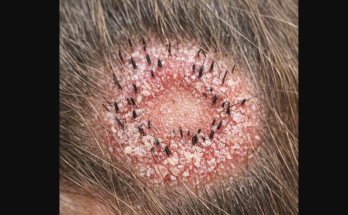Many people are surprised to learn that daily food choices can affect intimate wellness. A mild, natural scent is completely normal, but sometimes diet may contribute to stronger odors. By understanding which foods can disrupt balance — and which can help — you can support overall comfort and confidence.
Foods That May Contribute to Unpleasant Odors
1. Frequent Fish or Seafood Consumption
While fish is a healthy protein source, eating large amounts of oily varieties (such as salmon, tuna, or mackerel) can sometimes lead to stronger-smelling body fluids. This is due to compounds naturally found in these foods that pass through the system.
2. Foods High in Sulfur
Onions, garlic, broccoli, cauliflower, and eggs are all nutrient-dense, but their sulfur content can create sharp odors released through sweat and other secretions.
3. Excess Sugar and Refined Carbohydrates
Diets high in soda, candy, pastries, and white bread can encourage the overgrowth of certain bacteria and yeast. This imbalance may cause changes in natural scent or increase the risk of discomfort.
4. Alcohol, Caffeine, and Smoking
Alcohol and caffeinated drinks can dehydrate the body, altering natural lubrication and pH. Smoking compounds this effect, as nicotine and other substances leave the body through various fluids.
Why Hydration and Balance Matter
Not drinking enough water concentrates toxins in your system, which may intensify natural odors. A balanced eating pattern — rich in vegetables, fruits, and whole grains — supports a healthy microbiome and overall well-being.
Foods That Can Support Freshness Naturally
-
Probiotic-rich foods (yogurt, kefir, sauerkraut): Help restore beneficial bacteria and support a healthy pH balance.
-
Fresh fruits (pineapple, oranges, strawberries): Provide vitamins and natural sugars that may promote a lighter scent.
-
Leafy greens and high-fiber vegetables: Aid detoxification and maintain balance.
-
Plenty of water: Keeps the body hydrated and supports clear, healthy fluids.
When to Seek Professional Advice
Diet is only one piece of the puzzle. If you notice a persistent or strong odor accompanied by itching, burning, or unusual discharge, consult a qualified healthcare provider. These symptoms may indicate an infection that needs treatment.




